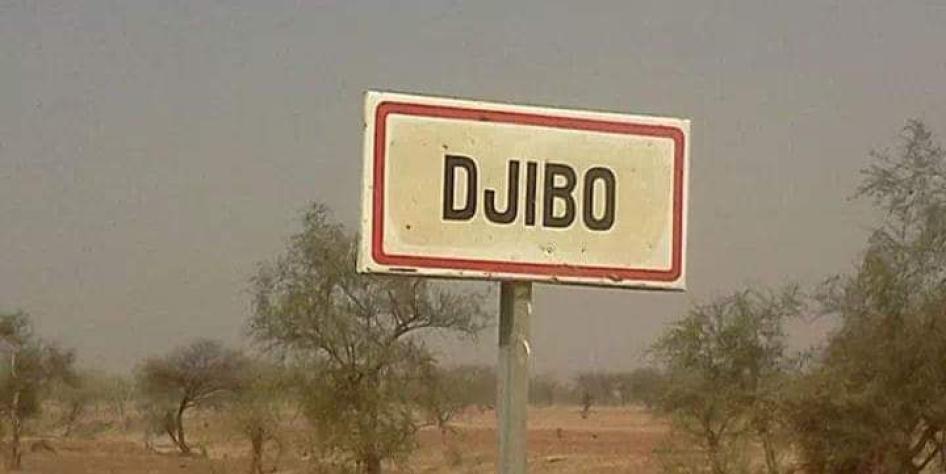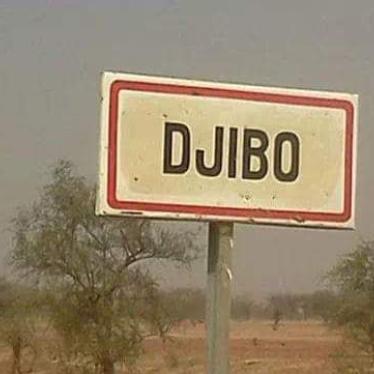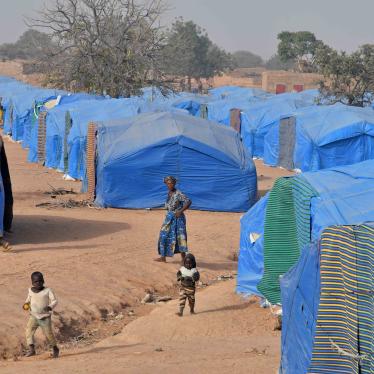Pressure is mounting on the Burkina Faso government to investigate mass executions allegedly committed by state security forces. Human Rights Watch in July 2020 reported on common graves containing at least 180 bodies in the northern town of Djibo.
Most of the victims were from the Fulani ethnic group, which has been the frequent target of the security forces because of their perceived support of Islamist armed groups operating out of northern Burkina Faso. Since the report, Fulani community leaders noted a dramatic reduction in the number of their community members being executed by the security forces. “We are so grateful for Human Rights Watch’s report, which has reduced pressure on us in a major way,” one village elder told a researcher.
After the report was published, governments warned Burkina Faso of potential consequences. The United States said the killings could put US military aid at risk. The European Union and the United Kingdom urged Burkina Faso authorities to investigate the abuses.
In part because of Human Rights Watch’s in-depth reporting on abuses by all sides to the country’s conflict since 2017, Burkina Faso finally committed to allowing the United Nations Office of the High Commissioner for Human Rights to open an office in the capital, Ouagadougou. Additionally, calls are growing for an independent UN-led investigation, and local groups have organized a “Fulani Lives Matter” campaign.
For years, the US, France, EU, and other donors have given financial and military aid to countries in the conflict-racked Sahel region to counter extremism and instability.
Since 2016, armed Islamist groups have attacked security forces and civilians in Burkina Faso, particularly in the Sahel region bordering Mali and Niger. Human Rights Watch has documented widespread abuses by both sides, including the killing of civilians and attacks on schools by Islamist groups, and extrajudicial executions of alleged group supporters by apparent government security forces.
In July, Human Rights Watch reported on the common graves. The 180 bodies were of mainly ethnic Fulani men, also known as Peuhl, many of whom were blindfolded or tied up and left in groups of 3 to 20 in various places within a 5-kilometer radius of Djibo. Human Rights Watch interviewed 23 people who said government security forces, who control Djibo, were responsible for the deaths, and strongly urged an in-depth investigation by the Burkinabe judiciary.
The security forces allegedly targeted Fulani because of their deemed support for the Islamist armed groups, which largely recruit from the Fulani. But these atrocities by security forces only alienate these ethnic groups, aiding Islamist armed group recruitment efforts.
Burkina Faso authorities should promptly identify the 180 bodies and make the information public, investigate the killings in Djibo and elsewhere, as previously documented by Human Rights Watch, and appropriately prosecute those responsible. The government should invite the UN to assist in these investigations, and donors and other countries concerned about the region should follow up their condemnations with support for investigations.
Burkina Faso has much to gain by punishing abusers rather than fueling further extremism.








